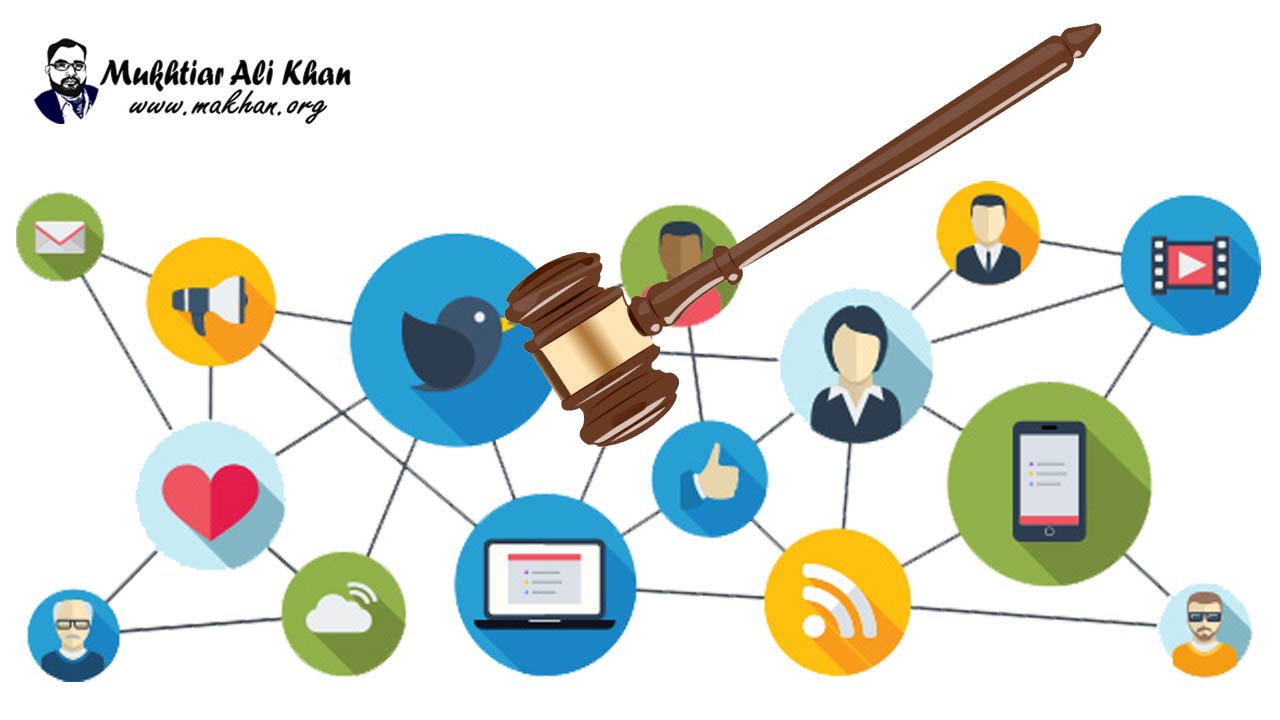The malicious and hateful reactions in the net to the killing of the CDU politician Walter Lübcke are staggering. There is nothing social about “social media” that fill with hate comments.
The entities for which the term “social media” has become established mean one excessive demand. They overwhelm operators, users, politics, justice and society as a whole. Before they existed, most people were only able to receive messages via the media. Now everyone can send themselves. What this leads, again and again, has shown again after the death of the Kassel district president Walter Lübcke.
Even if it should actually prove that there is a so-called “relationship act”, ie a crime with a private and non-political background: was horrible what was read before and after the fact on Twitter and Facebook. Countless are the entries and the “Likes”, with which the man has desired directly or indirectly the death, as well as innumerable the entries, which express satisfaction. “Social” is nothing, and even “media” are by no means: Media select, edit and carefully put together what they then send out. Nothing is curated on the “social media”. Everyone trumps out what he currently considers to be worth trumpeting.
Creeping habituation to monstrosities
In these digital networks – other things are not – you will find also infinitely exciting, funny, and positively surprising. But is their benefit really greater than the damage they cause by setting up a stage for everything like prejudice, demagoguery, bashfulness, and hatred almost every minute? “The Kasper of Kassel is not going to be around for long,” said Facebook the other day before the incident – one of those sentences that is as perfidious as it is sophisticated: everyone knows what they mean, but no prosecutor can prove anything, except that the flood of such sentences anyway cannot be contained by anyone. The result is creeping habituation to monstrosities, a general loss of respect and civility and a climate in which attacks on government presidents, mayors or even a member of the Bundestag AfD scare again and again, but hardly surprising.
The temptation emanating from the digital networks is so great that any idea of opposing it is of value in itself. Both the Network Enforcement Act and the Upload Filter Rule may be full of flaws; too harmless the one, too drastic the other. But at least they follow the principle of “trial and error”. In addition, they are a challenge to all whose lifestyle shapes the Internet: who has better ideas, the freedom and respect for the opinions and the performance of others to train – with her. On Facebook, there is the group #ichbinhier, now consisting of 45 000 members. They intervene with comments in hate debates, like each other by the masses and thus use the algorithm that passes contributions down with few likes; in this case the hate contributions.
Such a group does not save democracy. But it shows that she grasped the dimension of the problem – in contrast to those who accept the social cost of their business model or for whom the death of a human being is just one part of their number revision while scrolling, between #GNTM, #numberreturn, # Özil #Wedding, etc.
Feel free to let us know what you think about this article?






